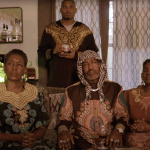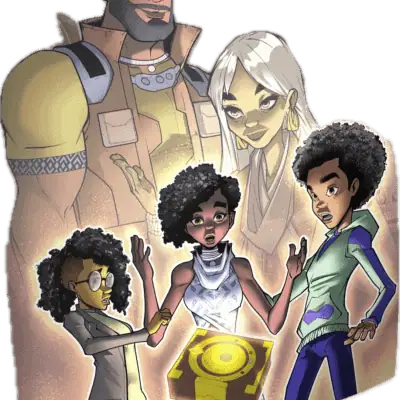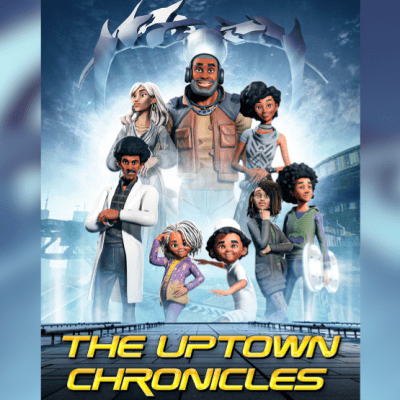On the rare occasion that French Guiana is shown in film, it’s usually very limited in its portrayal. There may be shots of its breathtaking landscapes, dense jungles, or gold mimes. But Maxime Jean-Baptiste, the director of “Listen to the Voices” (“Kouté vwa”), sought to intentionally avoid these familiar scenes within his new film.
In an interview with Variety, Jean-Baptiste discussed his approach to depicting Guiana, contrasting it with the portrayal in the 1970s French adventure film “Jean Galmot, Aventurier,” where his father had a minor role—a connection that has influenced his previous short films “Nou Voix” (2018) and “Moune Ô” (2021).
“Listen to the Voices” is a deeply personal film born from family tragedy. In 2012, the director’s cousin, Lucas Diomar, was brutally murdered, leaving the family in a state of perpetual grief. The film centers on 13-year-old Melrick, Lucas’ nephew, who spends his summer with his grandmother in French Guiana to escape his uneventful life in Stains, Paris. While his grandmother Nicole has found a way to cope, Yannick, who witnessed his friend’s death, remains traumatized and “stuck in time,” as Jean-Baptiste told Variety. The director faced the challenge of creating a film that could potentially help heal these deep emotional wounds.
The title, “Kouté vwa,” meaning “Listen to the Voices” in French Creole, reflects the film’s poetic intent—a tapestry of interwoven testimonies. Drawing from his personal connection to the story, Jean-Baptiste brings together these different voices, creating a resonance chamber between them.

The production process was highly collaborative, with the director involving the actors in how they wanted to be represented. Scenes that didn’t align with their perspectives were removed, making the process emotionally intense for everyone involved, as each actor was in a different stage of grieving.
This collaboration resulted in a compelling blend of documentary and fiction, with Jean-Baptiste noting that the fictional elements provided the necessary distance for both him and the protagonists to tell their stories.
Beyond the themes of grief and forgiveness, the film also touches on the enduring effects of colonialism—a violence that lingers, much like the family’s grief. Jean-Baptiste addresses this theme with subtlety, allowing the characters to express their own perspectives. “I wanted to let them use their own words. Because I have my own words: I will say that French overseas departments are colonies. And when I say that, some people agree, but other people don’t,” he said.
“Listen to the Voices” was designed to help the characters process their grief, but the film acknowledges that this pain does not simply fade away—much like the colonial violence that continues to shape interpersonal relationships.
As an independent magazine with a small team, we rely on the support of our readers to keep JARO’s content free and accessible to everyone. Please support our ability to continue delivering the best of the African Diaspora with a donation as little as $1. Thank you!







